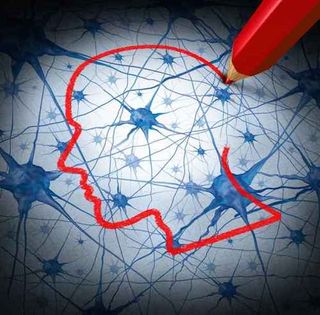Michael J Fox collaborates with Intel on big data & wearables initiative to help monitor Parkinson's Disease
The devices and advanced technology will monitor symptoms in Parkinson's disease patients to better track the effects as it progresses

The Michael J. Fox Foundation and Intel have teamed up to produce wearables to help monitor Parkinson's disease in patients.
The collection of data from these smart watches will be sent to a new Intel-built big data analytics platform integrated into the chip-maker's open source Cloudera that can detect symptom patterns. Researchers then analyse these patterns and develop algorithms to measure symptom intensity, sleep patterns and disease progression.
The initial research included equipping 16 Parkinson's patients and nine control volunteers with the devices for four days, monitoring 300 data points every second. This generated a huge volume of data - amounting to 1GB per patient, per day - transmitted via smartphone to Intel's servers.
Later this year, phase two of the project will launch. This is comprised of a mobile app that allows patients to input extra data, such as the medication they are taking, other symptoms and feelings. These can then be analysed alongside the data from the wearable to give a more rounded view of each patient's experiences. The data can also be used to analyse& the 'effects of medication on motor symptoms via changes detected in sensor data from wearable devices'
Todd Sherer, chief executive of the Michael J. Fox Foundation, said: "This opportunity really will allow us the chance to uncover novel breakthroughs in Parkinson's disease by truly understanding how people are living with the disease today, how are they responding to treatments, what are their unmet needs."
Intel is hoping to open up its data analytics platform so it can be used by third-party researchers with wearables manufactured by other companies. Intel said the capacity is there to monitor and store other types of data such as patient, genome and clinical trial information.
Intel's medical application isn't the first to monitor wellbeing. Earlier in the year, Apple announced its Healthkit that can monitor someone's health using a number of different sensors. This information could then potentially be sent to an individual's GP via an app, alerting them to any significant changes.
Get the ITPro. daily newsletter
Receive our latest news, industry updates, featured resources and more. Sign up today to receive our FREE report on AI cyber crime & security - newly updated for 2024.
Samsung launched its Simband in May. which can also sense various changes in a person's body, while Google's Google Fit software can assess an individual's health by analysing data sets provided by a range of third party sensors and devices.

Clare is the founder of Blue Cactus Digital, a digital marketing company that helps ethical and sustainability-focused businesses grow their customer base.
Prior to becoming a marketer, Clare was a journalist, working at a range of mobile device-focused outlets including Know Your Mobile before moving into freelance life.
As a freelance writer, she drew on her expertise in mobility to write features and guides for ITPro, as well as regularly writing news stories on a wide range of topics.




